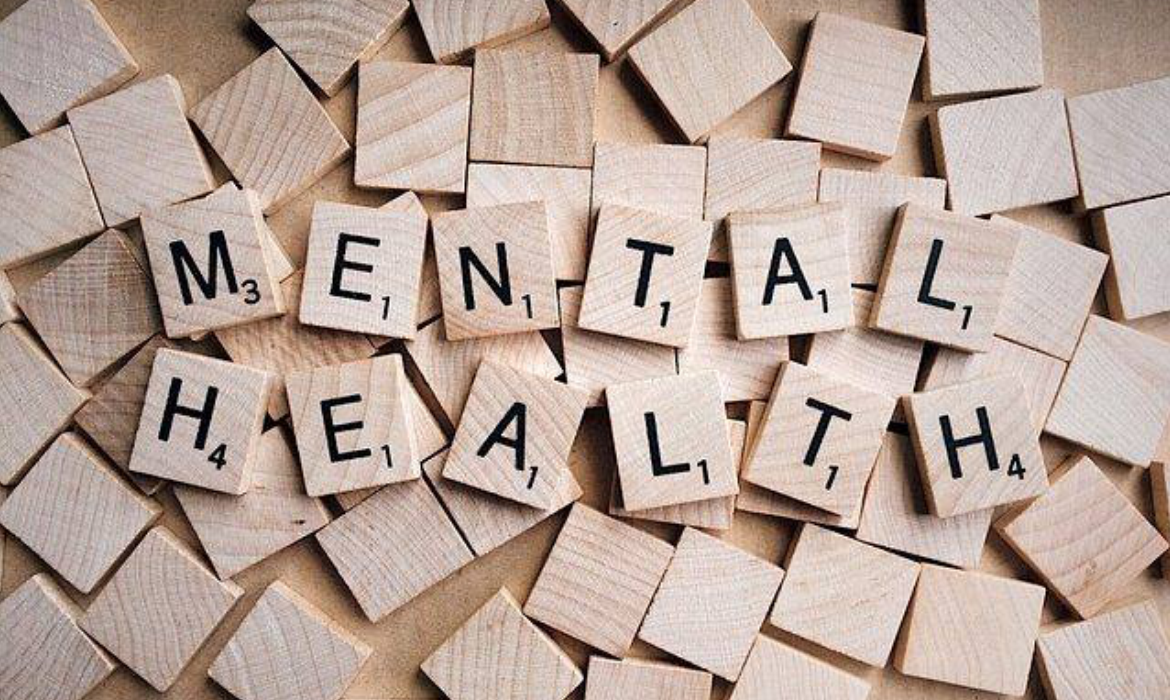
Ten mental health facts
Mental health is more common than a lot of the population still realise, and with that still remains much stigma. This can prevent people whom are depressed, anxious or feeling distressed in other ways, from reaching out and asking for help. For varying reasons, mental health is attached to feelings of guilt and shame, for sometimes both the sufferer, the loved ones and the general public.
The following facts help to demonstrate how big a problem mental health is and the impact it is having on people.
- In the UK and worldwide – its estimated that 1 in 6 people in the past week experienced a common mental health problem
- Mixed anxiety and depression is the most common mental disorder in Great Britain with 7.8% of people meeting diagnostic criteria
- Mixed anxiety and depression has been estimated to cause one-fifth of days lost from work in Great Britain
- In 2016, 5668 suicides were recorded in Great Britain, of these 75% were male and 25% female.
- One person in fifteen had made a suicide attempt at some point in their life
- 71% of carers have poor physical or mental health
- Three-quarters of mental health problems are established by the age of 24 years of age
- The increase in the prescription of antidepressant medication given out from 2006 -2016 is 108.5% – going from 31million to 65 million
- People with serious mental health problems die prematurely. The life expectancy of someone with a severe disorder, such as bipolar or schizophrenia is 15 – 20 years less than the general population.
- In 2017, only 13% of UK people reported living with high levels of good mental health
These are rather shocking facts especially considering how ill mental health appears to be on the rise, coupled with the major increase in anti-depressant medication being prescribed in the past twelve years. If there was less stigma surrounding mental health, do you think more people that were struggling would ask for help before it got to more of a crisis point where medical support is required?
As the above facts show, men are much less likely to ask for support in times of need, with the figure of suicide death considerably higher than females.
Carers are highlighted too for being at high risk of poor health, either physically, mentally or both. Not that surprising considering the daily pressure that they have, being responsible for caring for someone else’s needs.
Counselling with me, and at many therapists clinics, is open to men, women and younger people. Stress, depression, anxiety and feelings of despair can happen to anyone, at any time, no matter where they live, their age, gender or race. Counselling is non-judgemental and it can be of great benefit to many to have an objective listening ear, when it feels like there is no one else to turn to.
Everybody needs someone to talk to. If you are struggling and reading this, please do reach out to me and I would be happy to support you through your difficult time.
Jane x

Recent Comments